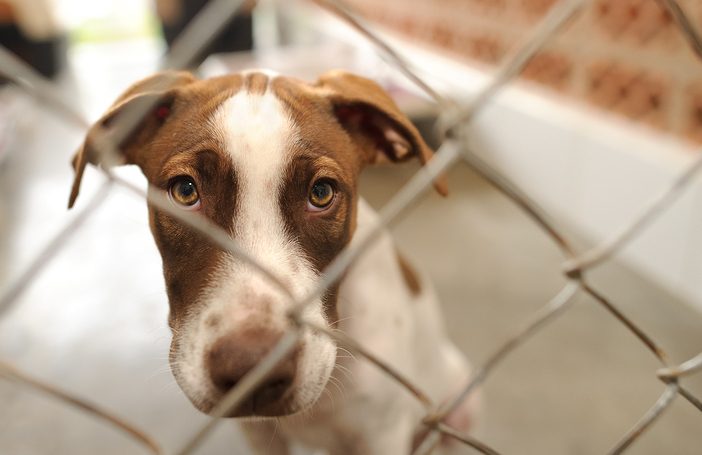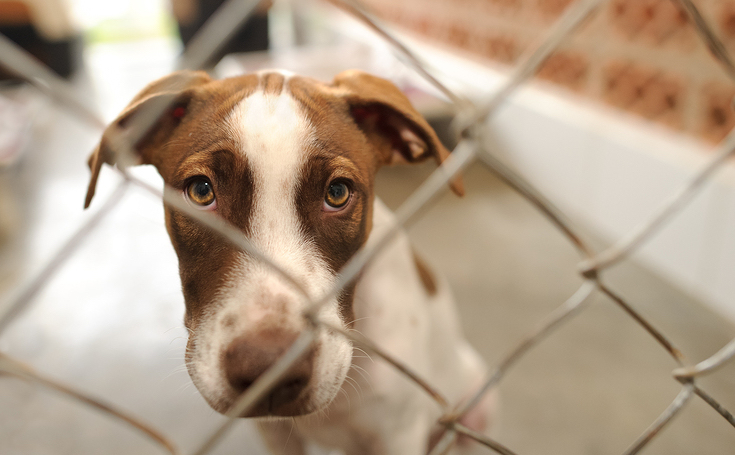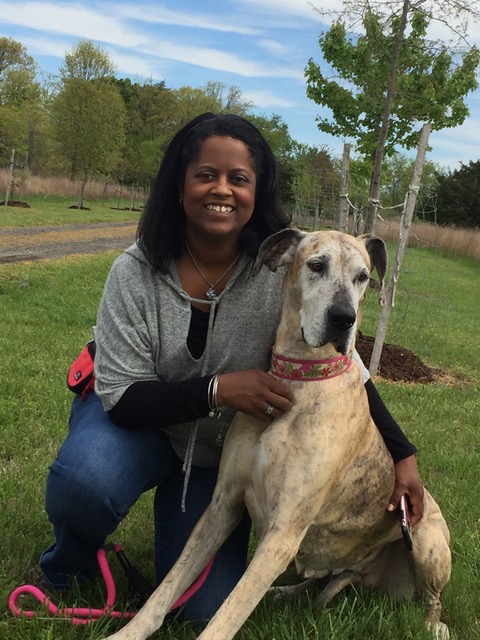
We have to care enough to put our heart and souls into treating a pet as if it were our own.
We have to care enough to be able to have the conversation to open an owner’s eyes to their pet’s suffering.

We have to care more than our clients sometimes in order to show them what they can do to improve or maintain their pet’s health.
We have to have patience with people who reject every single recommendation we have for their pets.
We have to understand that every pet in every household has a different kind of status (or non-status) within that home. And the kind of care they will receive often depends on this status given them by their owners. We can’t assume or guess what that is.
Often we only find out by making our medical recommendations and seeing the owner’s reaction, which can range from being thankful for being so invested in their pet’s health and well-being (whether they can afford everything or not), to being yelled at, chastised, or even threatened for being such greedy uncaring people who charge for our knowledge and services.
We are in the business of caring and knowing and treating what we know to treat. We are scientists. We don’t like to guess…unless we have to.
Not knowing and not caring are very hard for us. When people tell us their neighbor, breeder or the teenager in the pet store know more and when people tell us that we don’t care simply because we lay out medically correct diagnostic and treatment plans, we take it personally.
We understand that having a sick pet is very, very hard. It’s scary to contemplate the seriousness of an illness and how well our pet will do with or without treatment. We understand that finances, guilt, stress, and fear play into it a lot. We are willing to work with people but they have to be willing to work with us too. It’s a two way street and they have to care as much about their pet as we do for it to work.
And then sometimes we have to care less, and this is the hardest thing; when we have someone just unreasonable who does not even try to understand, doesn’t try to work with us, blames us for their circumstances, and nothing is done for the pet. We cannot and should not take on the responsibility for someone else’s pet.
Pets are their people’s responsibility, and the financial preparation, time investment and decisions on what they can and will spend for taking care of their pet rests solely on their shoulders, yet many people try to shift the blame and responsibility for timely treatment to veterinarians when they have no funds saved or available to diagnose or treat their pet in its time of need.
The veterinarian’s job is to examine, advise, diagnose and treat when given permission. The owner’s job is to hear the results of the exam, ask questions, and decide how far they will go with diagnosis and treatment based on their own finances and home situation.
Because of these varied situations, we have to turn on/turn off so many emotions during the day. It is exhausting, and this goes on day in and day out. We must care- but not too much, lest we anger the client who doesn’t care as much and thinks our recommendations are ridiculous and we are only in it for the money. Not too much, because we can find ourselves devastated when we cannot treat a treatable disease due to the owner’s circumstances.
Yet we can’t care too little- lest we fail to offer every diagnostic available the first go-round and have a client upset that we did not make a complete diagnosis during the very first visit and then we get publicly slammed for being incompetent. Within a single hour we might be in all these situations, repeated throughout the day.
Our days are not all puppies and kittens and sweet healthy pets visiting us all day long. They are certainly there sprinkled in throughout the day, but mostly it is worried pet parents and us, making our best pet care recommendations and hoping for a reasonable conversation to follow.
The views and opinions expressed in this article are those of the author and do not necessarily reflect the position of the DrAndyRoark.com editorial team.
 About the Author
About the Author
Dr. Natalie Titus graduated from the Virginia-Maryland College of Veterinary Medicine in 1991. She has practiced small animal medicine in various locations in Maryland, Georgia, and Delaware. Now that her children have grown and left home, she spends time working more, learning new things, improving her photography skills, and traveling as much as possible.